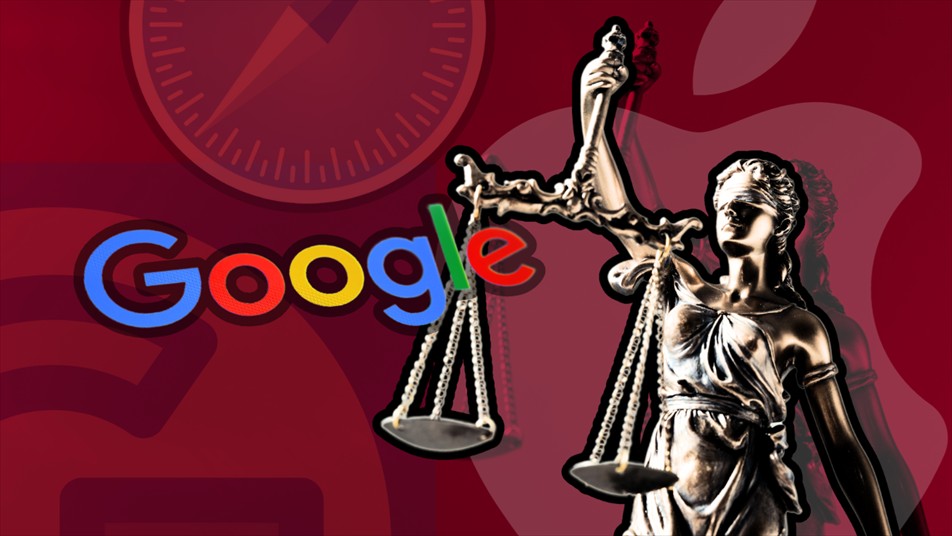
In a bold move to counter potential breakup demands, Google has proposed changes to its search engine agreements while resisting calls to sell off Chrome browser and other key assets. The proposal comes in response to a recent U.S. ruling that found the tech giant illegally monopolizing the online search market.
Rather than accepting the government's push for dramatic restructuring, Google submitted a more measured approach to U.S. District Judge Amit Mehta. The company's counter-proposal focuses on modifying its distribution agreements that currently make Google the default search engine on most U.S. devices.
Key elements of Google's proposal include:
- Making agreements non-exclusive for Android manufacturers
- Unbundling the Play Store from Chrome and search
- Allowing browser developers annual reconsideration of default search settings
- Enabling device makers to preload multiple search engines
Notably absent from Google's suggestions is any plan to end revenue-sharing agreements with partners - arrangements that reportedly earned Apple around $20 billion in 2022 alone.
The U.S. Department of Justice and state coalitions are pushing for more extensive changes, including:
- Forced sale of Chrome browser
- Potential divestment of Android operating system
- Ban on paying for default search engine status
- Restrictions on investments in search competitors and AI products
- Mandatory licensing of search technology to rivals
Critics like DuckDuckGo spokesperson Kamyl Bazbaz argue that Google's proposals merely preserve the status quo without truly restoring market competition.
Lee-Anne Mulholland, Google's vice president for regulatory affairs, defended the company's approach, stating it would give browsers like Safari freedom to partner with any search provider they choose.
The case continues with remedies proceedings scheduled for April, featuring testimony from OpenAI, Perplexity, and Microsoft representatives. Judge Mehta is expected to make a final decision by August 2025.
Meanwhile, Google plans to appeal the monopoly ruling while advocating for careful consideration of how regulatory interventions might affect innovation, particularly in emerging AI technologies.